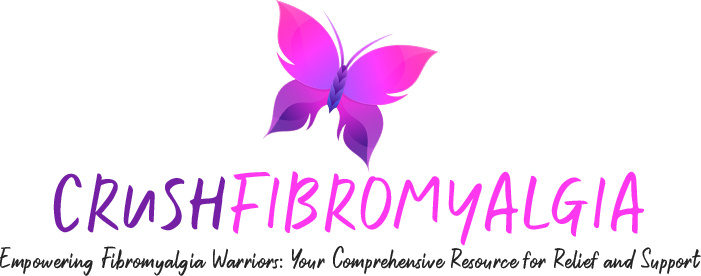Last Reviewed and Updated: November 2023
Living with fibromyalgia presents a unique set of challenges, and one of the most frustrating symptoms experienced by individuals with this condition is cognitive dysfunction, commonly referred to as “fibro fog.” Fibro fog can significantly impact memory, concentration, and overall mental clarity, making daily tasks and responsibilities more demanding. In this article, we will delve into what fibro fog is, its causes, and strategies to manage and cope with this cognitive impairment.
Medical Disclaimer: Please note that we are not medical professionals, and while our info is heavily researched, the information provided in this blog post is for informational purposes only. It should not be considered as a substitute for professional medical advice, diagnosis, or treatment. If you are experiencing any eye-related symptoms or have concerns about your health, it is crucial to consult with a qualified healthcare professional for proper evaluation and personalized medical advice. Always seek the guidance of a medical professional before making any changes to your healthcare regimen.
Affiliate Link Disclosure: Some of the products on this page may be affiliate links, and we may receive compensation if you click on those links. However, please rest assured that as sufferers of Fibromyalgia ourselves, our recommendations are based on our honest evaluation and a ton of research.
Defining Fibro Fog:
Fibro fog is a term used to describe a range of cognitive difficulties experienced by individuals with fibromyalgia. It is characterized by memory problems, reduced mental clarity, difficulty concentrating, and impaired information processing. This phenomenon can vary in severity and may fluctuate throughout the day or over time.
Causes of Fibro Fog:
The exact cause of fibro fog is not yet fully understood. However, several factors may contribute to its development:
Sleep Disturbances: Poor sleep quality, a common symptom of fibromyalgia, can disrupt the restorative processes that support cognitive function, leading to brain fog and mental fatigue.
Neurochemical Imbalances: Dysregulation of neurotransmitters, such as serotonin and dopamine, which are involved in cognitive processes, may contribute to cognitive dysfunction in fibromyalgia.
Chronic Pain and Stress: Living with chronic pain and experiencing high levels of stress can affect cognitive abilities, as the brain’s resources are diverted towards processing pain signals and managing emotional distress.
Inflammation: Inflammation, which is often present in fibromyalgia, has been linked to cognitive impairment and may contribute to fibro fog.


Managing Fibro Fog:
While fibro fog can be frustrating, there are strategies that can help manage its impact:
Establish Routines and Organize: Implementing daily routines and organizing tasks and responsibilities can provide structure and aid in memory recall.
Prioritize and Break Tasks into Smaller Steps: Breaking down complex tasks into smaller, manageable steps can help reduce cognitive overload and increase productivity.
Use Memory Aids: Utilize tools such as calendars, reminders, sticky notes, or smartphone apps to assist with remembering appointments, tasks, and important information.
Practice Mindfulness and Stress Reduction Techniques: Engage in relaxation techniques, meditation, deep breathing exercises, or gentle physical activities to reduce stress and improve focus.
Get Adequate Rest: Prioritize quality sleep by establishing a consistent sleep routine, creating a sleep-friendly environment, and practicing relaxation techniques before bedtime.
Engage in Mental Stimulation: Regularly challenging the mind with puzzles, reading, learning new skills, or engaging in mentally stimulating activities can help maintain cognitive function.
Communicate with Others: Inform friends, family, and colleagues about your condition and the challenges you face. This can foster understanding and support when you experience cognitive difficulties.
Seeking Professional Support:
If fibro fog significantly interferes with daily life or causes distress, consulting with healthcare professionals, such as rheumatologists, neurologists, or pain specialists, is recommended. They can provide additional guidance, evaluate underlying factors, and recommend appropriate treatments or therapies.
Fibro fog is a frustrating symptom experienced by individuals with fibromyalgia, often impacting memory, concentration, and mental clarity. While the exact causes remain uncertain, implementing strategies to manage fibro fog can help individuals regain control and enhance daily functioning. By understanding this cognitive impairment and seeking appropriate support, those living with fibromyalgia can navigate fibro fog with resilience and determination.

